3 Problem Solving Skills to Answer: “What Should I Do”?
“Just tell me what I should do!”
As a professional coach, I hear this plea from my clients at least once per engagement, and it takes everything in me to resist the urge to do just that.
It’s human nature to rush to the rescue.
We are programmed to be kind, to offer a helping hand, and to offer advice sandwiched between what we believe the answers to be. We can’t help ourselves. If I indulged my instinct, I would be a terrible coach. Think about how many times a well-meaning friend or colleague has offered their sage advice, only for it to fall flat in your world. People rarely implement the help they are seeking.
The coach’s job is not to tell the client what to do. Instead, it’s to invoke their inner resourcefulness. This resourcefulness seems so hidden and layered to those close to the problem. They are buried in the stories they tell themselves, or by emotions that have hijacked their brains. Fear is also a sturdy blindfold, and we can’t forget the delicate ego that demands protection and praise. All of these things pop up in a person’s life, creating stop signs and pit stops on their journey to the next phase, promotion, relationship, or goal.
BUT if I could just indulge the desire to rescue, advise, and sweep in with all my problem-solving skills, here’s what I’d tell them.
Trying to change someone else’s behavior is not worth your time. In a coaching relationship, I typically encounter two things:
There is a problem to be solved
-or-
There is a new path that needs exploring.
It is the path or problem. It’s that simple. When my client and I find ourselves decoding a relational problem, the client usually begins by throwing stones at a third party. Like the reflex of rescue and tell is triggered, so is blaming. It goes something like this “If Susan would communicate more clearly, I could do my job more effectively.” While this feels true to your core, you are wasting your precious time and energy. Your time should be spent exploring ways YOU can communicate better with Susan. One of my favorite coaching questions is, “If Susan owns 99% of the problem, what’s your 1%?”
Check your level of commitment to changing your behavior or solving the problem. For instance, many coachees want more work/life balance.
In theory, this is an admirable goal worthy of time, attention, and action. Still, in reality, it requires a significant commitment to some uncomfortable behavioral shifts if the change is going to occur. I often ask my clients, on a scale of 1-10 (10 being the greatest), how committed are you to this goal? You’d be surprised that the very person that declared the above as their goal will often rate their commitment around a six. The reasons for such a non-committal number can vary, but one thing is sure, change or a solution to the problem is highly unlikely. Whatever factors they are holding onto to keep the status quo are doing nothing to move them closer to achieving their goal. We are creatures of habit, so when change is required, you better come at it with 100% commitment.
Keep your resume updated, and keep an achievement journal. I work with several clients who are in transition or want out of their current position.
The first question I ask them is, “what’s getting in your way?” And the surprising answer is, “I’d have to update my resume!” It is astounding how many clients don’t go for a promotion or leave a job they hate because their resume is not up to date. The task feels too overwhelming, ultimately stopping them in their tracks. The simple excuse of an old rusty resume is creating a roadblock to their desired future.
The solution is simple. Keep an achievement journal.
That deal you just closed or the recognition you just earned, write them down. If you are lucky enough to have a long career in a field, you love, when it comes time to move on, reflecting on your achievements over a 20-year career can seem daunting or worse, not accurate. Inputting your highlight reel into resume format will be a snap when all your shiny resumé worthy accolades are at your fingertips.
Read books, listen to books, and keep learning. This refers to invoking the clients’ resourcefulness. If you don’t know the answer, research it. “The capacity to learn is a gift; the ability to learn is a skill; the willingness to learn is a choice.” Brian Herbert.
You always have a choice. Even when you choose not to make a choice, you are making a choice. When a coachee feels backed into a corner, they become blind to their options. The key is to slow down, sort out the facts, assess what you want, and make a choice. Often people are overcome by all the things they can’t do, or that isn’t an option. Excuses become abundant, and choices become narrow. The key is to shift your thinking to all the things that are possible. Choices become plentiful when we are open to the potential of possibility.
One of the toughest things in life and coaching is not to offer a solution, instead to ask questions and be curious. We all have experiences and solutions we love to share, but often it’s more valuable to talk less and listen more.
_______
What could you change in 7 days?
Discover a new process for thinking about your life, career or challenge you might face with our free Seven Day Self-Reflection Course. This mini-retreat designed just for you will help you articulate your values and passions, to establish a plan for who you want to become.

